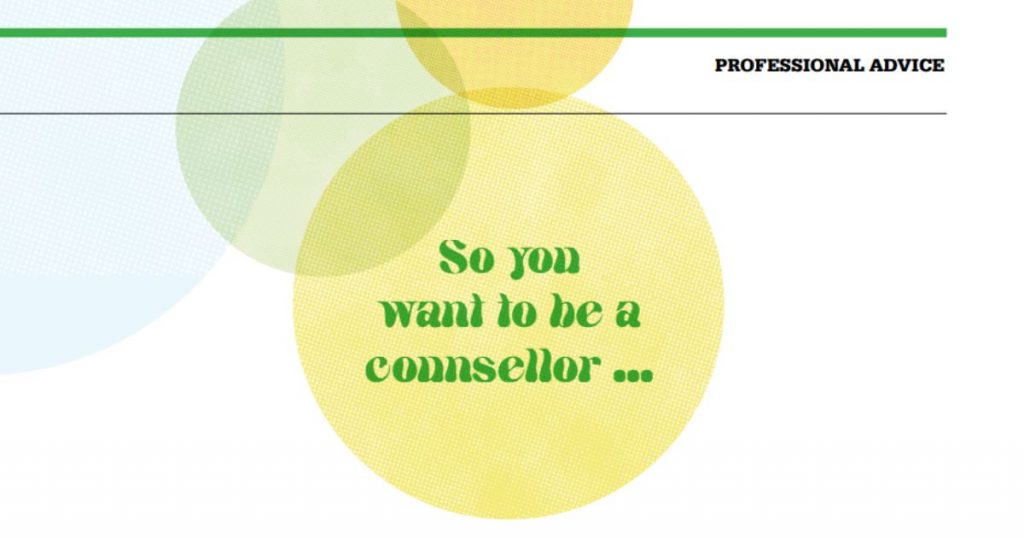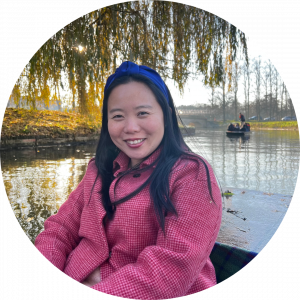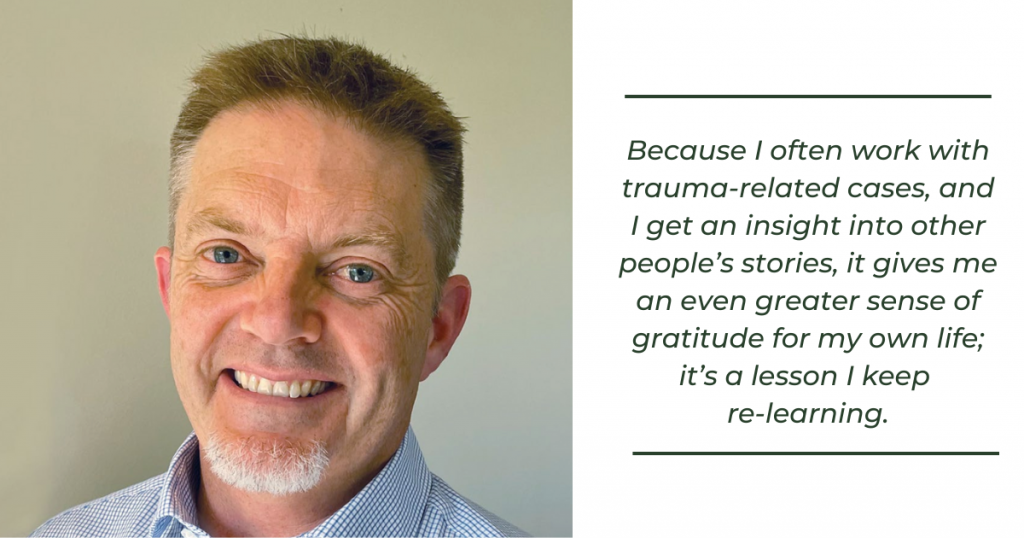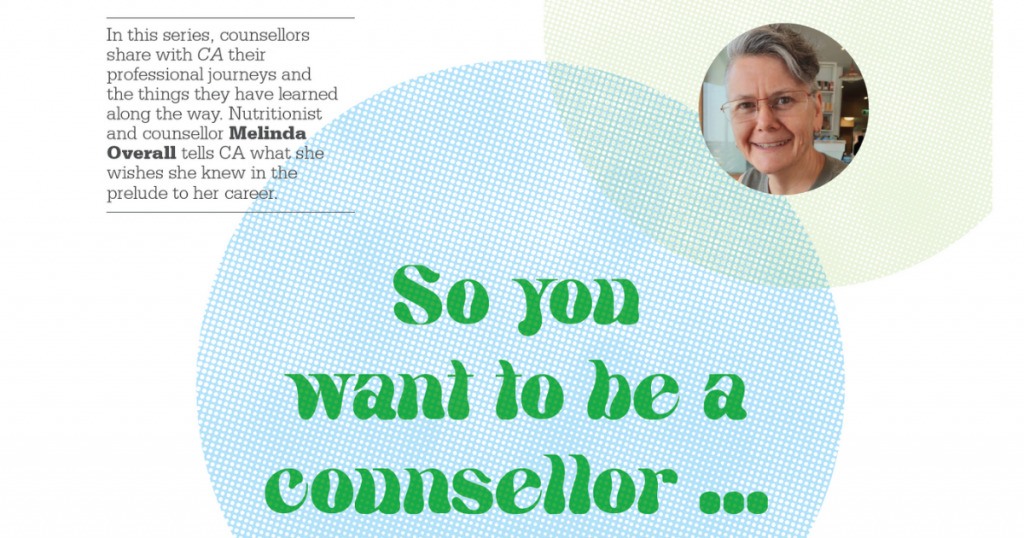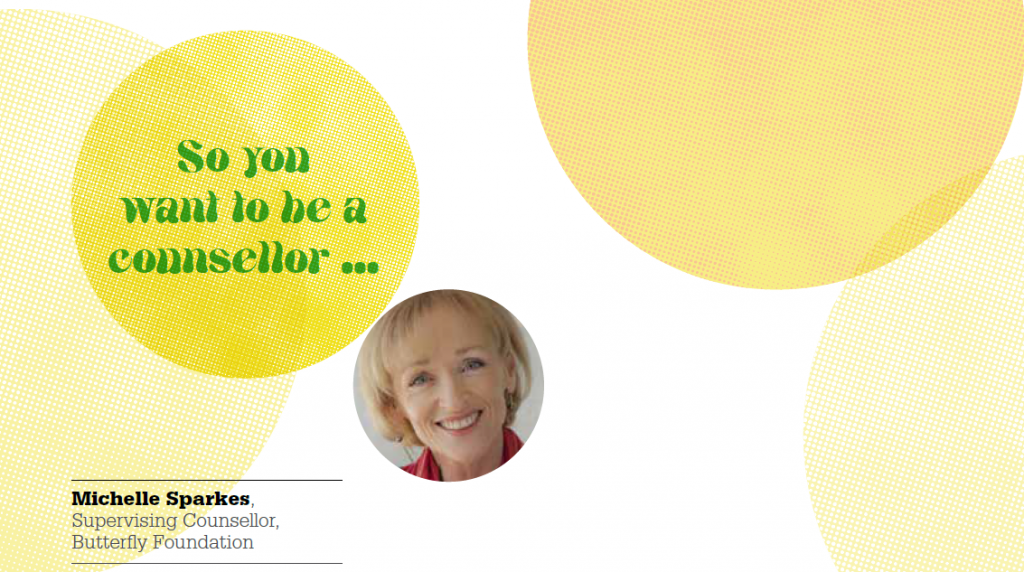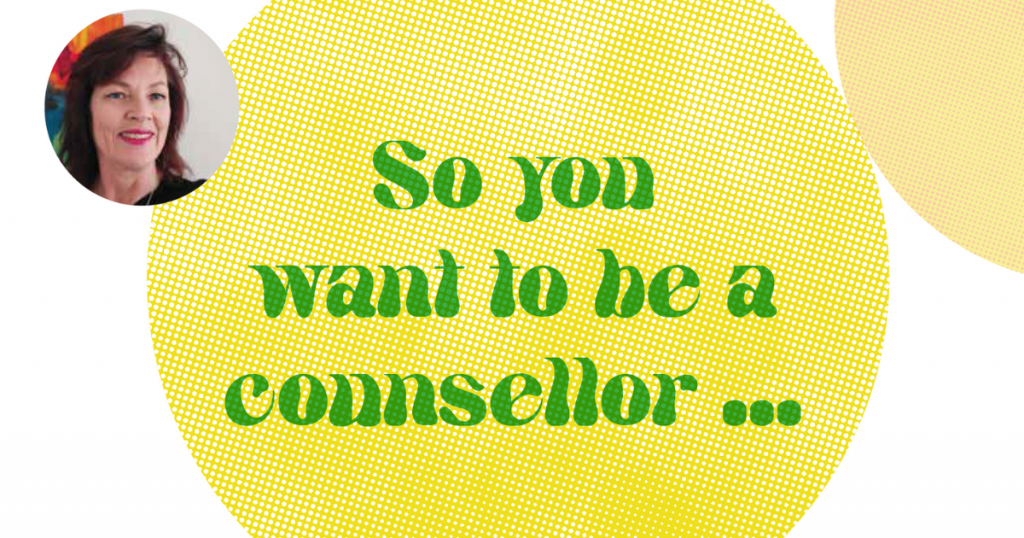So You Want To Be A Counsellor is a multi-part advice series where counsellors share with ACA their professional journeys and the things they have learnt along the way. As featured in the Counselling Australia Journal Spring 2022, Volume 23 Number 3.

Marc de Bruin, Counsellor and life coach shares his advice and top tips to job hunting.
How do you describe the work that you do?
As an ‘elevator pitch’, I tell people that I assist businesses and individuals in working through and finding solutions for topics that affect people’s mental health.
More to the point, I have been working as a life coach, counsellor and educator in private practice since 2005 (after first forging a career as barrister and solicitor in the Netherlands for nearly 10 years). To me, in contrast to practising law, counselling and mental health work only contains win-win scenarios. No-one ever ‘loses’ anything by talking to a counsellor (other than ineffective behavioural and thinking habits!). Most of my work on a day-to-day basis revolves around seeing clients (anywhere between 25 and 35 per week) in my office and via telephone or video sessions.
I also teach at the University of the Sunshine Coast and other vocational and tertiary education institutions. I have been running workshops and seminars, and I also write articles for online magazines and my blog. The clients I see have either sourced me privately or came to me via Employee Assistance Program (EAP) providers. I am registered with about eight of them and, between them and my private practice, they keep my calendar filled! Because I have been in the profession long enough, I now also practice as a counselling supervisor for registered counsellors and psychotherapists.
Do you love your work? Why?
I absolutely love what I do. It’s an amazing ongoing realisation that I can work with fellow human beings and help them with their mental health questions so they can improve their situation. It is the most fulfilling work I have done so far in my career. I often say to clients – and I mean it – that is a great honour to have them share their personal stories with me and have them put their trust in our working relationship. It is also very humbling to hear people speak about their life, to ask me for help and assistance, and to realise that we all have a story to tell. Strangely enough, I often end my day feeling more energetic than when I started it in the morning. That to me means I must be doing something right. My simple life philosophy tells me, if the work I do gives me energy, I’m onto something good.
Looking back to your final year as a student (before starting your counselling career), what are the top three pieces of advice you would give?
Well, this depends on whether we take my law career or counselling career as a starting point. If we go with counselling, I would have to say:
1. Be proud to wear your ‘counsellor’ badge. No, we’re not psychologists, and no, we’re not social workers. We are counsellors, with a very specific skillset that is very much needed in our society. Counsellors are trained communicators and ‘professional listeners’, on top of being therapists – skills not everyone possesses.
2. Don’t trip yourself up by thinking that there are no jobs for counsellors. This may have been the case many, many years ago (when psychologists and social workers were the preferred choice), but this has very much changed. Adequately trained counsellors are wanted more and more in the workforce because of their specific skillset. And my hunch is that this will only continue.
3. Be bold enough to profile yourself wherever you think a work opportunity exists, even if it initially seems beyond your reach or where a psychologist or social worker seems to be preferred. As a counselling supervisor, I always challenge my supervisees to keep knocking on the door. Many organisations are unaware of what counsellors can offer, and would happily hire one, if they were educated on this. There is a fair bit of ignorance in the field, still, and a good way to reduce that ignorance is to get out there and get noticed! As a Dutch saying goes: ‘no’ you have, ‘yes’ you can get (along the lines of: nothing ventured is nothing gained); the more you try, the more ‘yeses’ you will most likely attract.

If you’re looking for a counselling job, I suggest doing the following:
■ Go for any ‘counsellor’ position you think would suit you. Explain that you are a qualified professional, and that you are willing to learn and upskill on the job. Obviously, do this within reason; don’t go for a role where a minimum of 10 years’ experience is required, or a specific degree that you don’t have. Many positions advertised as ‘counsellor’ require a psychology or social work degree and membership of the Australian Health Practitioner Regulation Agency or the Australian Association of Social Workers. On the other hand, I have applied for roles where initially psychologists were wanted, but – after some psycho-education from me – the employer was willing to hire a counsellor instead. I have never let a job description stop me from applying (unless it was totally out of my reach). You will get a few more ‘no, sorry’ replies if you work this way, but your chances of landing that first paid job go up quite dramatically.
■ Have a great resume and LinkedIn profile! These are your business card to the potential employer. Maximise your transferrable skills. Even if you have experience in a totally unrelated field (lawyer, in my case), you will have picked up many, many skills that you can use in counselling. Highlight those! Interpersonal communication, critical thinking, sound administration and compliance skills, problem solving, working with challenging personalities, eye for detail, good communication skills, etc., etc. And if counselling is the first job you’ve sought, highlight the fact that your knowledge is up to date with the latest developments, that you are still fresh and unbiased, that you’re eager to learn, and that you have stacks of energy to apply to the role.
■ Network, and network some more. Write to GPs; contact local community organisations; volunteer in mental health-related fields; become a member of your local Chamber of Commerce or other local networking groups (Business Network International, privately run business network groups); contact and form relationships with Allied Health professionals for mutual referrals, etc.
■ Keep adding new knowledge and practice to your skillset, even at your own expense (if you don’t have a job yet). The more knowledgeable and experienced you are, the more employable you will become.
■ I often jokingly say that the older and greyer you get, the more valuable you become in this industry. Add experience and knowledge on top of this, and I am very hopeful that you will ultimately carve out a great counsellor position for yourself, which will last you as long as choose to remain involved in the industry.
